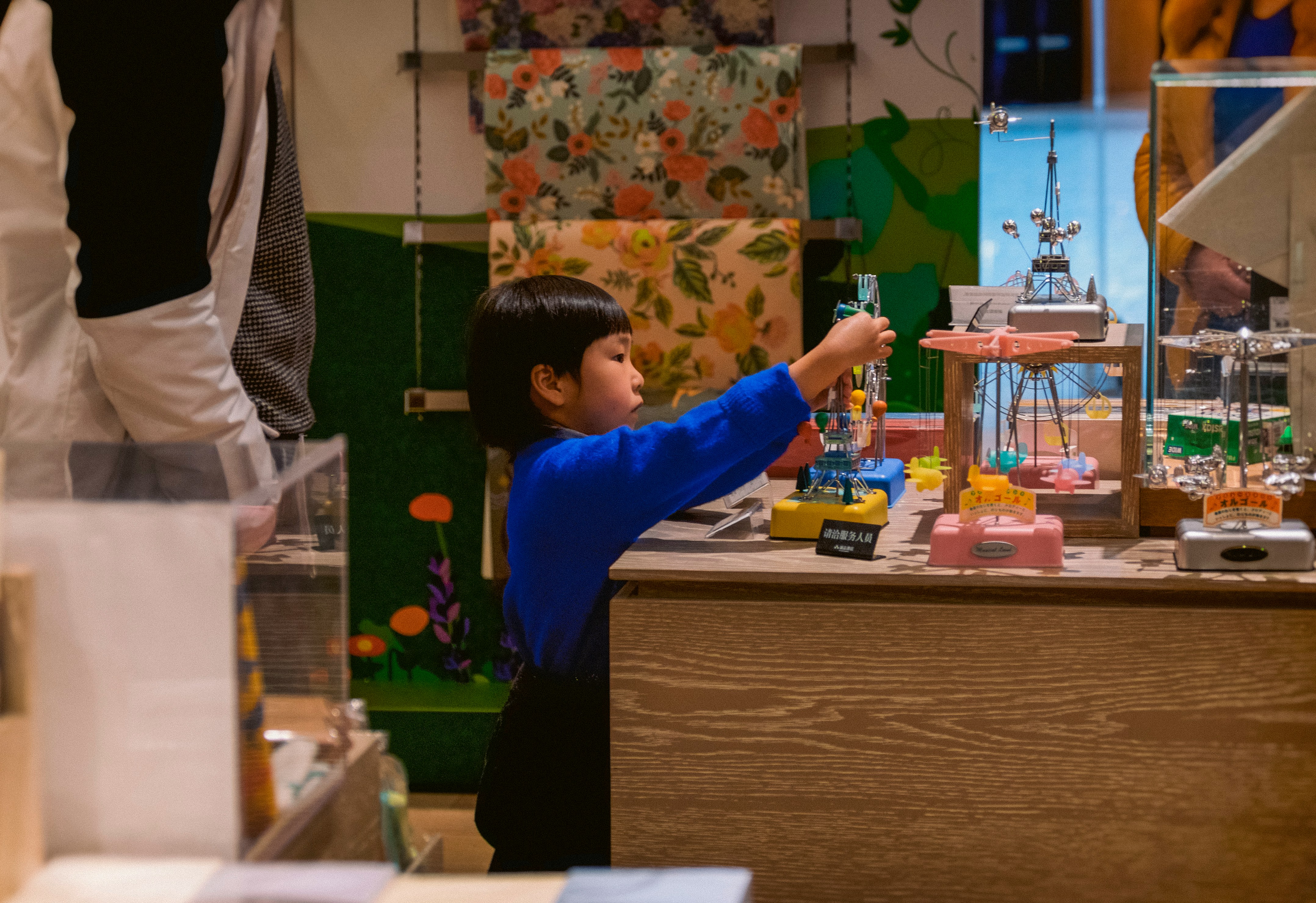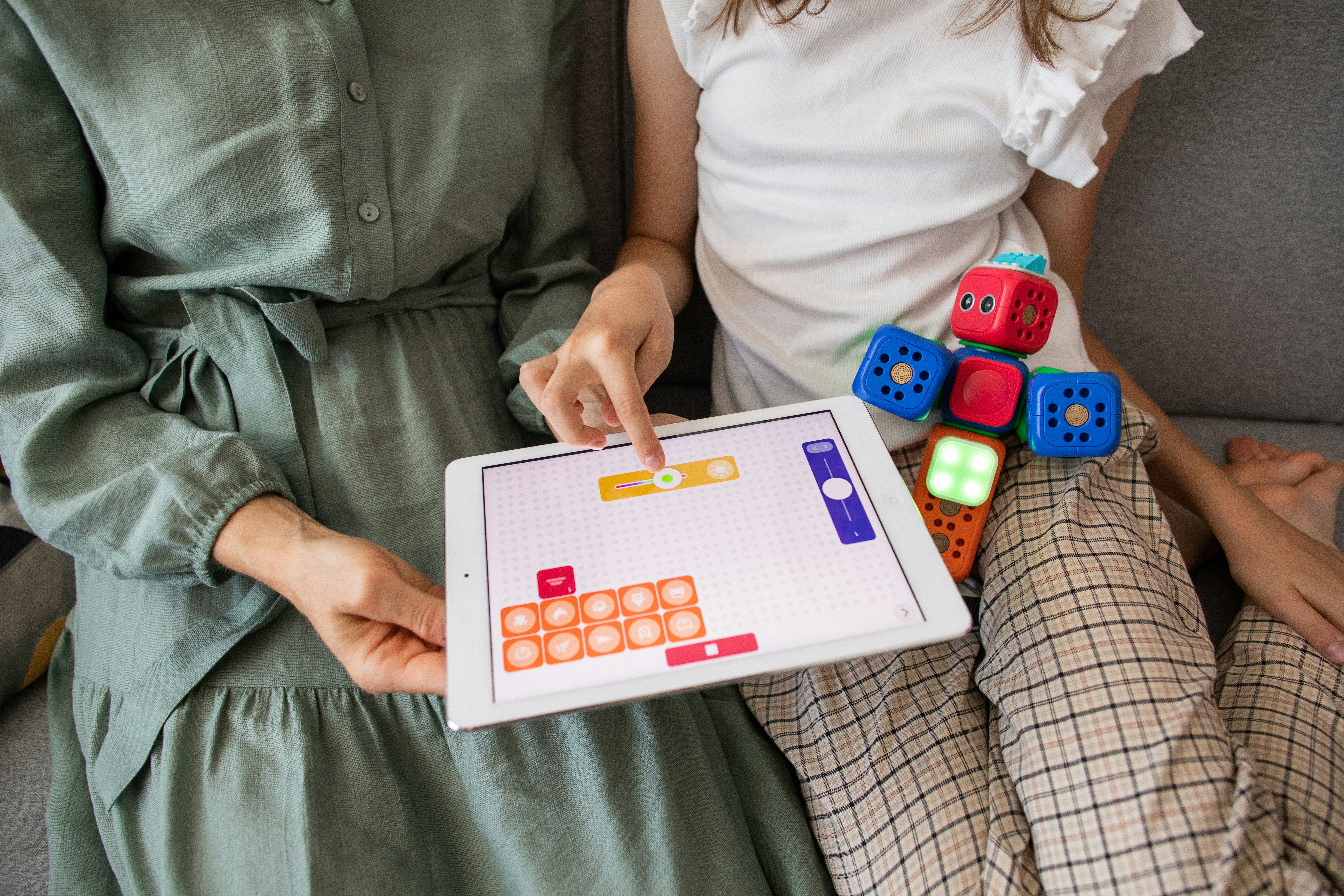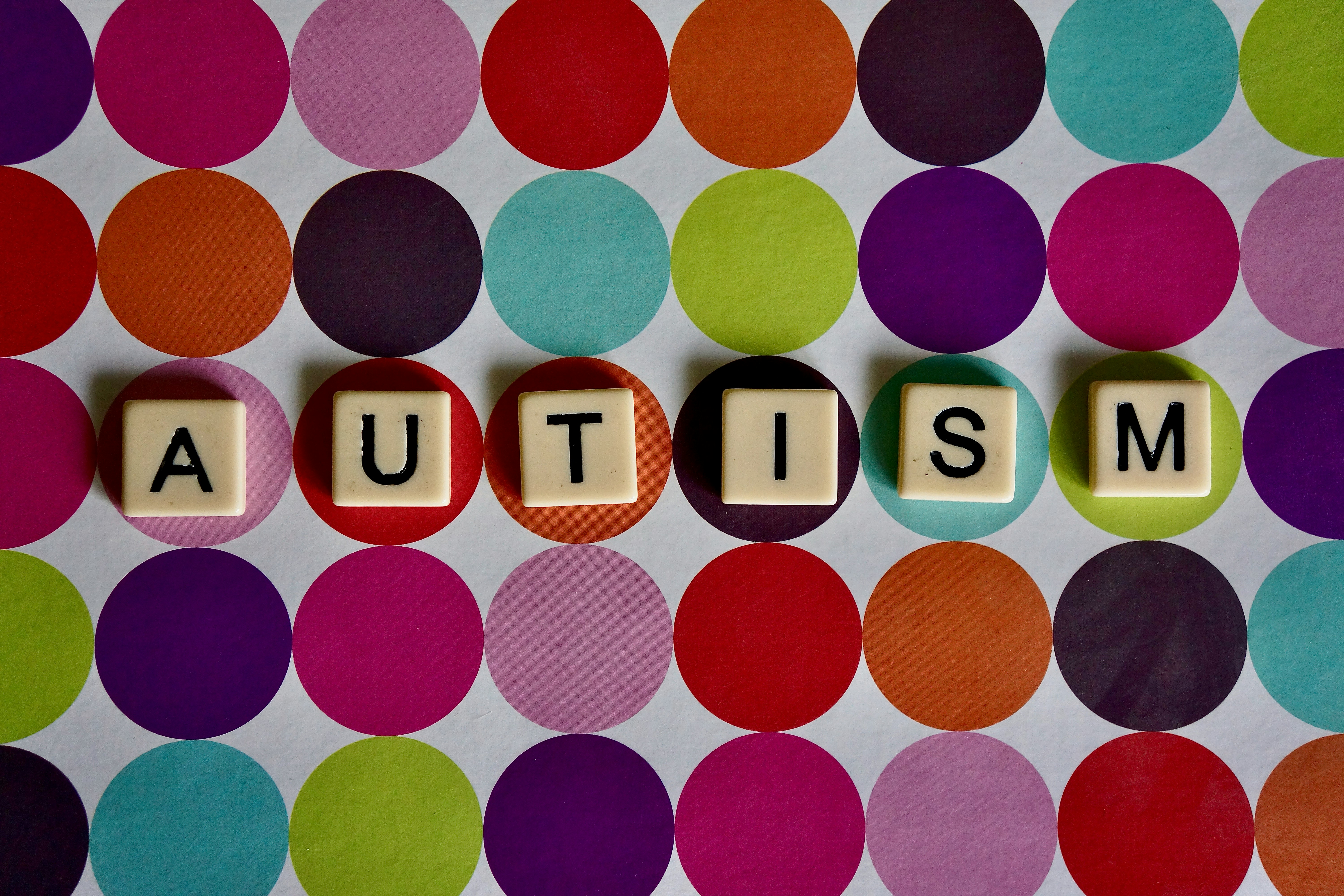How To Provide A Good Education Plan For A Child With Autism In Malaysia
With more children getting diagnosed with autism in Malaysia, it's important to know how to support these individuals.
Autism spectrum disorder (ASD), or simply autism, is often misunderstood and mistaken as a learning disorder
Instead, it is a neurodevelopmental disability which can range from mild to severe, and this year, World Autism Awareness Day shines a spotlight on this condition, with the theme 'Moving from Surviving to Thriving: Awareness, Acceptance, Appreciation'.
This theme is particularly moving as children with ASD often face stigma and are easily marginalised. As local data indicates a significant increase, with 589 children diagnosed in 2021 compared to only 99 in 2010, it is important that Malaysians learn more about this condition.
Autism can be diagnosed as early as 18 months, and parents' first concern is often their child's education
While it does affect some aspects of learning, we must remember that autism is a spectrum and every individual is different.
Most importantly, every child is teachable, and not every child with ASD will need special education. Many of them are able to continue in mainstream schools with some support, and some even go on to complete higher education and hold regular jobs.
Common signs of ASD include difficulties or delayed development of communication and social skills
For example, they may misinterpret social cues or have trouble forming complete sentences or following instructions. They may also exhibit repetitive behaviour and be resistant to change.
Early intervention is crucial, and I would advise parents to see a doctor if they notice that their child has missed any important developmental milestones. A child's regular visits for their scheduled immunisations are a good opportunity for parents to speak to the doctor about this.
Autism can be screened using the Modified Checklist for Autism in Toddlers (M-CHAT) as early as 18 months old, and can only be diagnosed in-person by a qualified healthcare professional using formal developmental assessments
This may be followed by additional tests to rule out other possible causes, such as certain genetic disorders or neurological conditions, that mimic autism.
An accurate diagnosis is important so that parents can take the appropriate measures for their child, so I must stress the importance of getting a diagnosis from a qualified healthcare professional, using the relevant screening and assessment tools such as M-CHAT.
Thereafter, if the diagnosis confirms autism, parents can take the next step to learn how to manage their child's needs.
A good education is still an option for children with ASD, who are eligible for an Orang Kelainan Upaya (OKU) card, which helps to provide several important benefits
This includes admission into special integrated classes in government schools, assistance for educational aids, enrolment in community rehabilitation centres, and job placement programmes.
As each child's needs are different, a trial period will help the school determine if the child can remain in the regular class or be admitted into an integrated class.
Parents will need to be more involved with their child's education and work closely with teachers as well as a therapist. For example, regular sessions with a therapist can help children learn how to communicate more effectively and adapt to different situations.
Teachers will also need to be aware of the child's triggers and develop a personalised education plan.
Meanwhile, for children whose ASD is severe, a specialised school may be more appropriate for their needs.
As each child with ASD is unique, it may be helpful to consider additional methods to support their learning, such as the use of digital tools and applications, of which there are many
These may be free-to-use, such as JABtalk and Card Talk, or pay-walled such as Proloquo2Go. I recommend that parents discuss the use of these tools with their child's therapist to see if the app or game in question helps to fulfil the learning and developmental goals for their age or stage of development.
Another thing to consider when using games or apps would be the amount of screen time it involves. It can be very enticing to spend hours on these games, just like any other child. I would caution for moderation and adult supervision, while setting clear boundaries to manage the child's expectations and reduce resistance.
This would be an area that requires a lot of active participation from the child's parents. As technology is here to stay, children with ASD will need to learn how to use it and use it well.
Some online educational tools can also be helpful for parents, such as the WHO eLearning Caregiver Skills Training for Families of Children with Developmental Delays or Disabilities, which is available for free.
At the end of the day, it is important to remember that every child is capable of learning, including children with ASD
With rising rates noted in Malaysia and across the globe, it is important for parents, educators, and the community at large to acknowledge their different needs and to appreciate their strengths, as part of an inclusive and diverse society.
For children with ASD, education encompasses much more than just academic learning. Interaction and group play are essential to hone their social skills, together with daily activities in the home which can serve as learning opportunities.
Meanwhile, therapy will help the child — and their parents — as they progress through different stages of development, imparting basic life skills like personal care, decision-making, communication, and other skills. All this will help them be more independent and lead fulfilling lives as they grow older.
This story is a personal opinion of the writer and does not necessarily reflect the position of SAYS.
You too can submit a story as a SAYS reader by emailing us at [email protected].
Dr Chow Suet Yin is a Family Medicine Specialist with a special interest in child development and community child health at IMU medical clinic.




